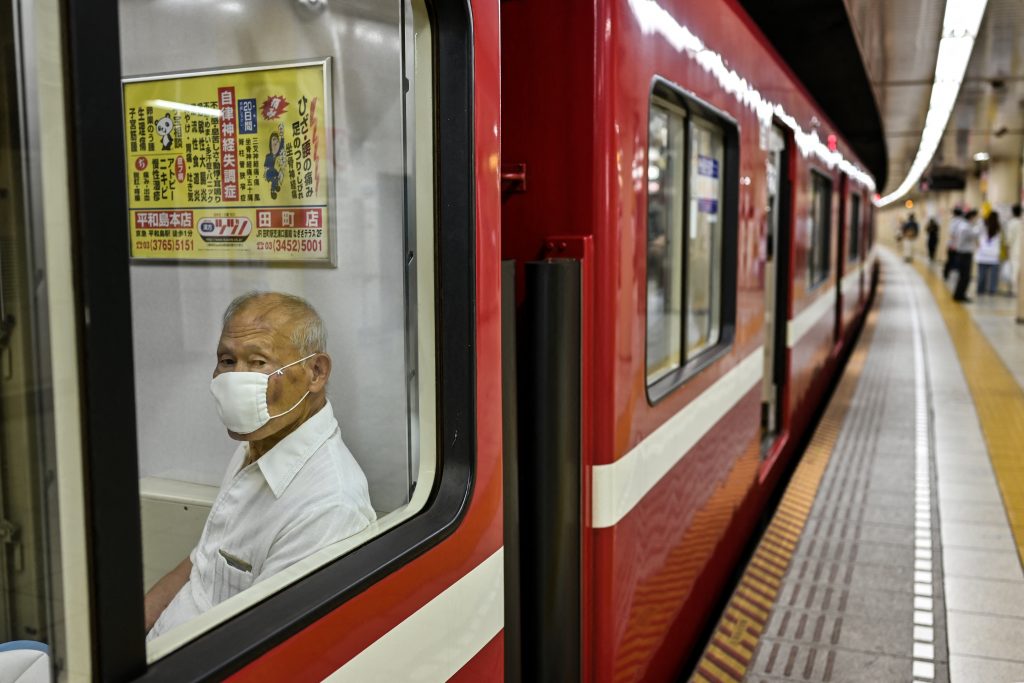
- ARAB NEWS
- 20 Apr 2024

TOKYO: The estimated number of people aged 65 or older in Japan stood at a record high of 36.4 million as of Wednesday, an increase of 220,000 from a year before, the internal affairs ministry said Sunday.
The share of those elderly people in the nation’s total population rose to a record 29.1 percent, the highest among 201 countries and regions across the world.
Elderly men totalled 15.83 million, or 26 percent of the total male population. There were 20.57 million elderly women, or 32 percent of the female population.
The ministry released the data ahead of Respect for the Aged Day on Monday, a national holiday.
In Japan, the share of elderly people has been rising since 1950. The figure is expected to rise to as high as 35.3 percent in 2040 when the so-called second baby-boomer generation, or people born in 1971-1974, reaches the age of 65 or older, according to the National Institute of Population and Social Security Research.
In 2020, the number of elderly people with jobs hit a record high of 9.06 million, growing for the 17th straight year. They accounted for a record high of 13.6 percent of all people aged 15 or older with jobs and 25.1 percent of all elderly people.
Of total elderly workers, those in the wholesale and retail industry made up the largest group, at 1.28 million, followed by 1.06 million people working in the agriculture and forestry sector and 1.04 million people in the services industry.
The number of elderly people with nonregular jobs totalled 3.9 million, or 76.5 percent of the total elderly workforce excluding executives and self-employed people, compared with 1.63 million a decade ago.
JIJI Press